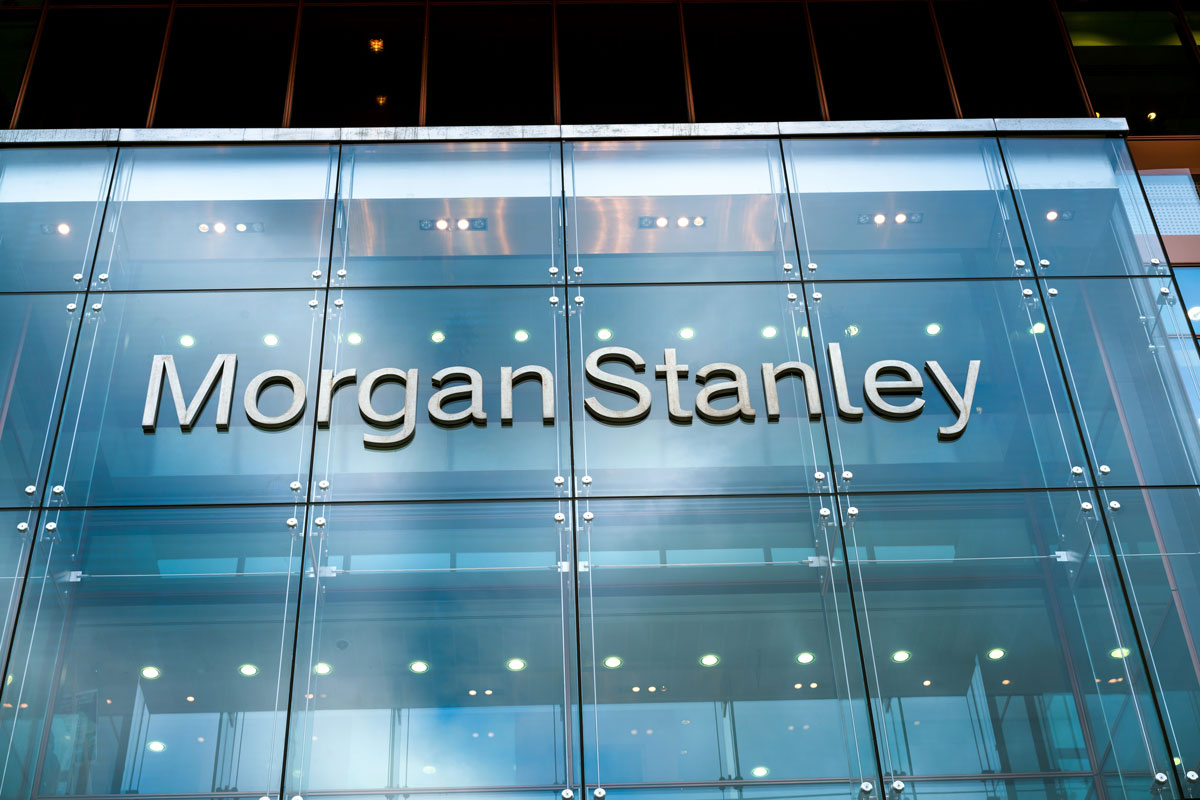RIL inks Rs 3 lakh crore investment MoU with Maha govt
The Reliance Industries Limited on Thursday signed an MoU with the Maharashtra government to invest approximately Rs 3.05 lakh crore which is projected to create more than 3,00,000 jobs.
Morgan Stanley made the statement in its 53-page report called, ‘India’s Digital Economy in a Post-COVID-19 World’.

(Photo: iStock)
The coronavirus caused COVID-19 pandemic will speed up India’s digital adoption as now a large number of people shop online and local businesses are adopting digital transformation, Morgan Stanley.
Morgan Stanley made the statement in its 53-page report called, ‘India’s Digital Economy in a Post-COVID-19 World’.
Advertisement
In its report, the leading global investment bank and wealth management firm credited Reliance Jio’s 4G telecom services for spurring the country’s digital economy by propelling internet usage in the country.
Advertisement
India’s total online shopper base at 30 per cent of its internet population is low when compared with 78 per cent in China and 70-plus per cent in the US. Morgan Stanley projected India’s 670 million internet users to rise to 914 million by 2027 and online shoppers to jump to 590 million from 190 million in 2020. The average spend per online shoppers is also projected to nearly double to USD 318.
In the past few years, India’s digital adoption has been evolved with the increasing 4G adoption and rising internet penetration, but the overall transactional base was comparatively still small.
“The launch of Reliance Jio’s 4G telecom services in September 2016 helped spur the digital economy in India as it propelled internet usage in the country, with fast, reliable, and cheap 4G services leading to significant growth in data usage (especially on music and video content),” it said.
“We believe COVID-19 could accelerate the shift to online transactions (such as e-commerce and payments) and provide a tailwind to growth in India’s digital economy,” the report said adding that a larger increase in its online shopping base is needed to drive growth in its digital economy and COVID-19 has the potential to do just that.
In the past few months, governments, businesses and other industries have witnessed the power of online platforms as it helped companied to sell and consumers to shop, pay bills, converse, entertain, and collaborate without much physical contact.
Morgan Stanley believes that “this digital adoption has the power to pull growth forward by a few years in India’s internet industry.”
As per the report, India in a post-COVID-19 world, “could see a sharp increase in its shopping population, online penetration in grocery could finally inflect as e-commerce and new entrants make a bigger push in this category, digitization of small and medium business (SMB) enterprises could take centre-stage (and) investments in segments such as gaming, edtech, healthtech, and cloud could increase.”
Also, the country could see the emergence of a few large tech companies (Super Apps or category leaders) in the next 5-10 years.
“These developments are notably important for some of the global tech companies that are invested in India,” it said.
Stating that India could see the emergence of some large tech companies in the next 5-10 years, Morgan Stanley said Amazon and Flipkart, amongst the e-commerce companies, and Paytm and PhonePe, amongst the digital payment companies, have been trying to build several offerings on their platforms. However, their penetration in their core categories (retail/payments) is still small and hence, the ability to make huge investments in other segments/categories is limited by both capital and management/execution bandwidth, it said.
“Another company that is talking about creating a digital ecosystem is Reliance Industries/Reliance Jio. With 388 million 4G users on its platform, it has touched more than 50 per cent of the total internet base in India,” it said adding the company has talked about plans of foraying into the digital economy with Jiomart (its new commerce offering), payments, health tech, edtech, cloud services, agri tech, etc.
Keeping the rising competition in India’s online grocery market, Morgan Stanley said, “online grocery is characterized by its large potential market size (USD 400 billion), low penetration (0.2 per cent), customer stickiness, and high repeat rate, and hence ticks most boxes for large companies to have a significant presence in the segment, more importantly, if one were to think about emerging as a Super App,” it said.
After Facebook’s investment in Reliance Jio, both the firms have entered into a commercial agreement to accelerate Reliance Retail’s new commerce business on the Jiomart platform using WhatsApp. Jiomart is a platform that helps RIL support small merchants and Kirana stores in serving end-consumers.
With this deal, Reliance aims to focus on 60 million micro, small and medium-sized businesses along with the 30 million small merchants and millions of SMEs with the digital platform.
Amazon India has also announced a $1 billion investment over the next five years to digitize 10 million SMBs, enabling USD 10 billion in cumulative exports by Indian businesses selling on Amazon worldwide by 2025, it added.
Advertisement